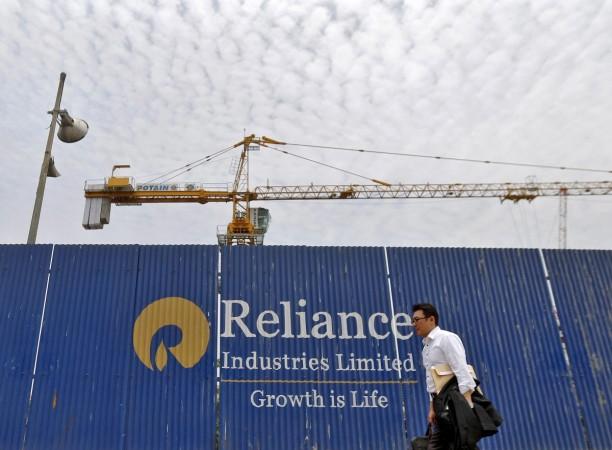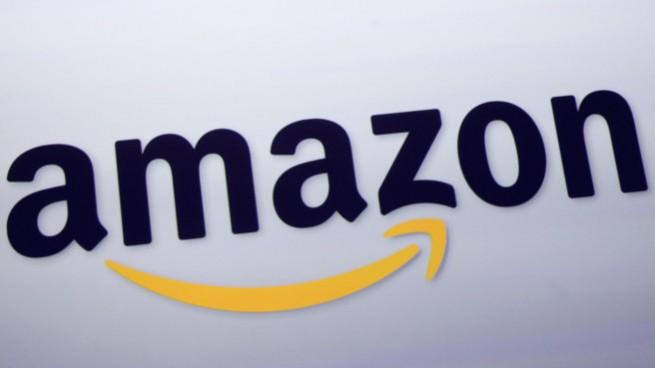
Amazon is in talks with Mukesh Ambani-led Reliance Industries to acquire about 26 percent in Reliance Retail. Reliance had been in talks with Alibaba Group for a similar acquisition which was scrapped due to a valuation rift.
Amazon is aiming to step into India's large brick-and-mortar chain. The acquisition will help the e-commerce major to gain a long-term hold in the industries where shopping is concentrated on public outlets.
According to The Economic Times, the proceedings for the acquisition are going forward slowly. It also states that Amazon is planning the deal cautiously by taking the foreign direct investment (FDI) norms into consideration.
The e-commerce giant wants to play safe by acquiring less than 26 percent to avoid getting barred due to FDI norms.

As per the ET report, the Seattle-based firm aims to be an investor in Reliance because of its market-leading position in consumer electronics and mobile phones. Amazon also has been trying to get into the grocery vertical and Reliance's grocery stores might help the e-commerce gain momentum in the long run.
The report additionally states that the Mukesh Ambani-led company is looking forward to the deal to ease Reliance Retail's outstanding debt of about Rs 2.88 lakh crore. The successful completion of the deal will help Reliance become a seller on Amazon India platform.
The recent changes in FDI norms by the Narendra Modi government allows 51 percent in multi-brand retail. The new norms allow 100 percent overseas investment in cash-and-carry or wholesale stores and online marketplace to help third-party sellers with a platform to sell their goods.

Reliance Retail has been operating about 10,644 retail stores in about 6,700 cities. The major part of the revenue of Rs 73,508 crore last year was generated from electronics, grocery, and fashion.
Total e-commerce retail business in the country accounts to three percent, which is expected to double by 2021, according to a study by Deloitte and Retailers Association of India. Amazon and Flipkart have seen a steady increase in their revenue even after drastic changes in the FDI policy.

















